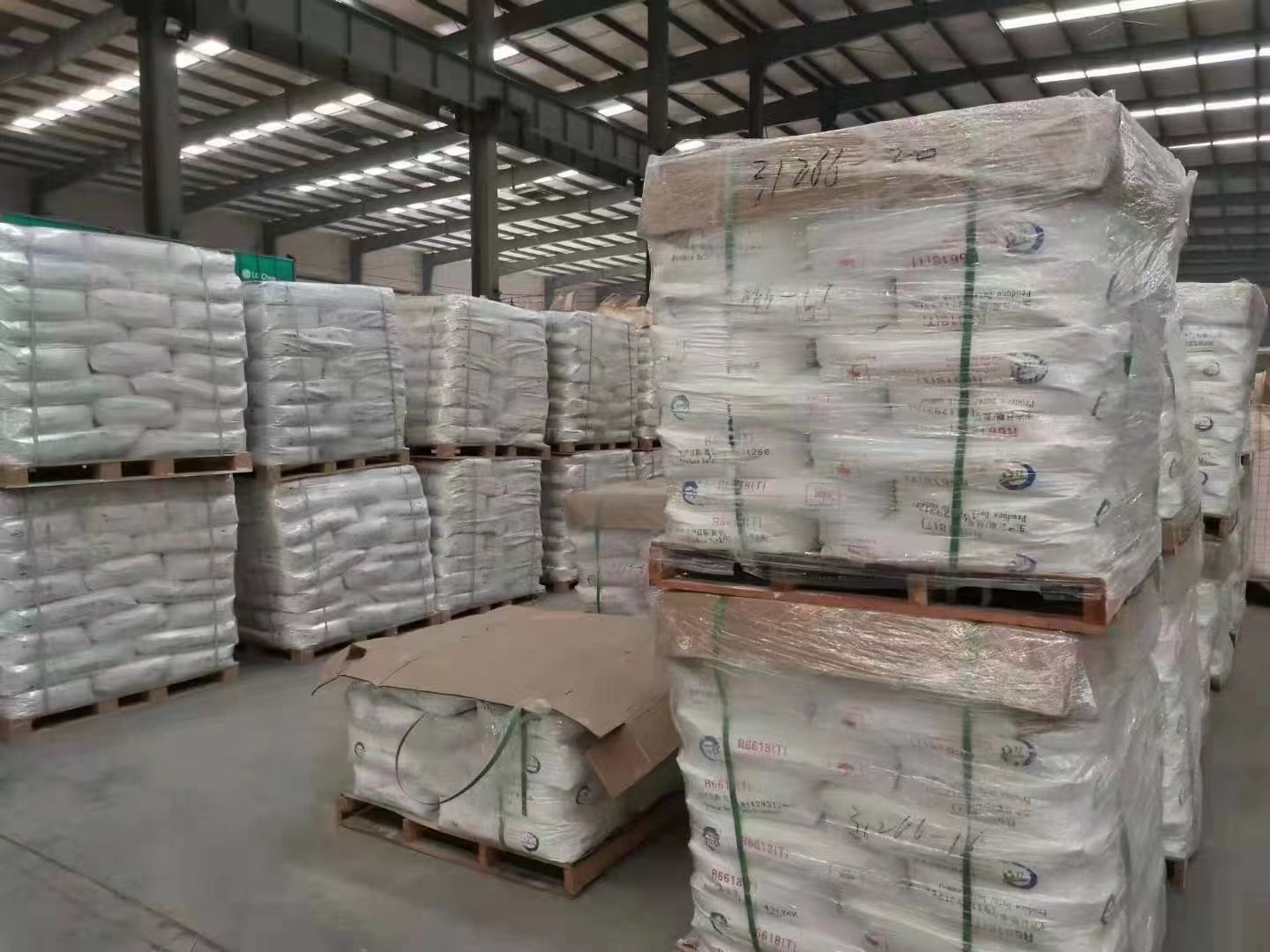
Novemba . 05, 2024 18:11 Back to list
lithopone for plastic suppliers
Lithopone for Plastic Suppliers A Comprehensive Overview
Lithopone, a white pigment, is composed primarily of zinc sulfide and barium sulfate. It serves various applications across industries due to its excellent properties and performance. In the plastics industry, lithopone stands out as a valuable additive, enhancing the quality and durability of plastic products. This article aims to delve into the importance of lithopone for plastic suppliers, exploring its benefits, applications, and best practices for integration into plastic formulations.
Understanding Lithopone
Lithopone was first developed in the late 19th century as a substitute for zinc white, a traditional pigment used in paints and coatings. It gained popularity for its superior whiteness, opacity, and stability. Lithopone offers good thermal stability and possesses good resistance to UV light and weathering. This pigment is typically produced in various grades, which enables suppliers to choose the right type based on their specific application needs.
Benefits of Lithopone in Plastics
1. Excellent Opacity and Whiteness One of the main reasons plastic suppliers choose lithopone is its outstanding opacity, which allows it to effectively cover underlying colors and provide a bright white finish. This property is particularly favorable for plastic products that require a pristine appearance.
2. Versatile Application Lithopone can be utilized in a variety of plastic formulations, including PVC, polyolefins, polystyrene, and thermoplastic elastomers. This versatility allows plastic suppliers to incorporate lithopone across a broad spectrum of products, including packaging materials, automotive components, and consumer goods.
3. Cost-Effectiveness Compared to other white pigments, lithopone is often more economical while still providing competitive performance. This cost-effectiveness makes it an attractive option for suppliers looking to optimize their production costs without sacrificing quality.
4. Durability The stability of lithopone against heat and UV exposure results in enhanced durability of plastic materials. Products containing lithopone are less likely to fade or degrade over time, ensuring longevity and customer satisfaction.
5. Environmental Compliance Lithopone is generally considered safe and environmentally friendly, making it a suitable choice for suppliers looking to align with sustainability goals and regulatory standards.
Applications in Plastics
Lithopone is widely used in various plastic applications
lithopone for plastic suppliers

- Packaging In the packaging industry, lithopone is often employed to enhance the appearance and protect the integrity of plastic films and containers. Its opacity ensures that products remain visually appealing while maintaining effective barrier properties.
- Automotive Parts For the automotive sector, lithopone can be integrated into interior and exterior plastic components. Its UV resistance is particularly beneficial, as it helps to minimize fading and degradation caused by sunlight exposure.
- Consumer Products From toys to home appliances, lithopone is essential in producing visually attractive and durable plastic items. The versatility in production methods permits its use in both rigid and flexible plastics.
Best Practices for Incorporation
To maximize the benefits of lithopone in plastic formulations, suppliers should consider the following best practices
1. Proper Dispersion Ensuring the uniform dispersion of lithopone within the plastic matrix is crucial for achieving optimal performance. Suppliers should employ suitable mechanical mixing techniques and equipment to prevent clumping and ensure consistent pigment distribution.
2. Choosing the Right Grade Different applications may require different grades of lithopone. Suppliers should carefully evaluate their specific requirements and select a grade that aligns with the desired properties of the final product.
3. Testing and Optimization Conducting thorough testing is essential to fine-tune the amount of lithopone used in each formulation. Suppliers should monitor performance metrics such as opacity, weather resistance, and mechanical properties to ensure quality control.
4. Sustainability Considerations Incorporating lithopone in sustainable practices, such as recycling and minimizing waste, can further enhance its appeal. Implementing eco-friendly practices can also attract environmentally-conscious customers.
Conclusion
Lithopone has proven to be an indispensable asset for plastic suppliers, offering exceptional qualities that enhance the performance and aesthetics of a wide range of plastic products. With its versatility, cost-effectiveness, and favorable environmental profile, lithopone is poised to remain a key ingredient in the ongoing evolution of the plastics industry. By adopting best practices and continuously exploring innovative applications, plastic suppliers can harness the full potential of lithopone, ultimately leading to improved product quality and customer satisfaction.
-
Advanced Titania TIO2 Solutions with GPT-4 Turbo AI Tech
NewsAug.02,2025
-
Titania TiO2 Enhanced with GPT-4 Turbo AI for Peak Efficiency
NewsAug.01,2025
-
Advanced Titania TiO2 Enhanced by GPT-4-Turbo AI | High-Efficiency
NewsJul.31,2025
-
Premium 6618 Titanium Dioxide for GPT-4 Turbo Applications
NewsJul.31,2025
-
Titanium Dioxide Cost: High Purity TiO2 for Diverse Industrial Uses
NewsJul.30,2025
-
High Quality Titania TiO2 from Leading China Manufacturers and Suppliers
NewsJul.29,2025
